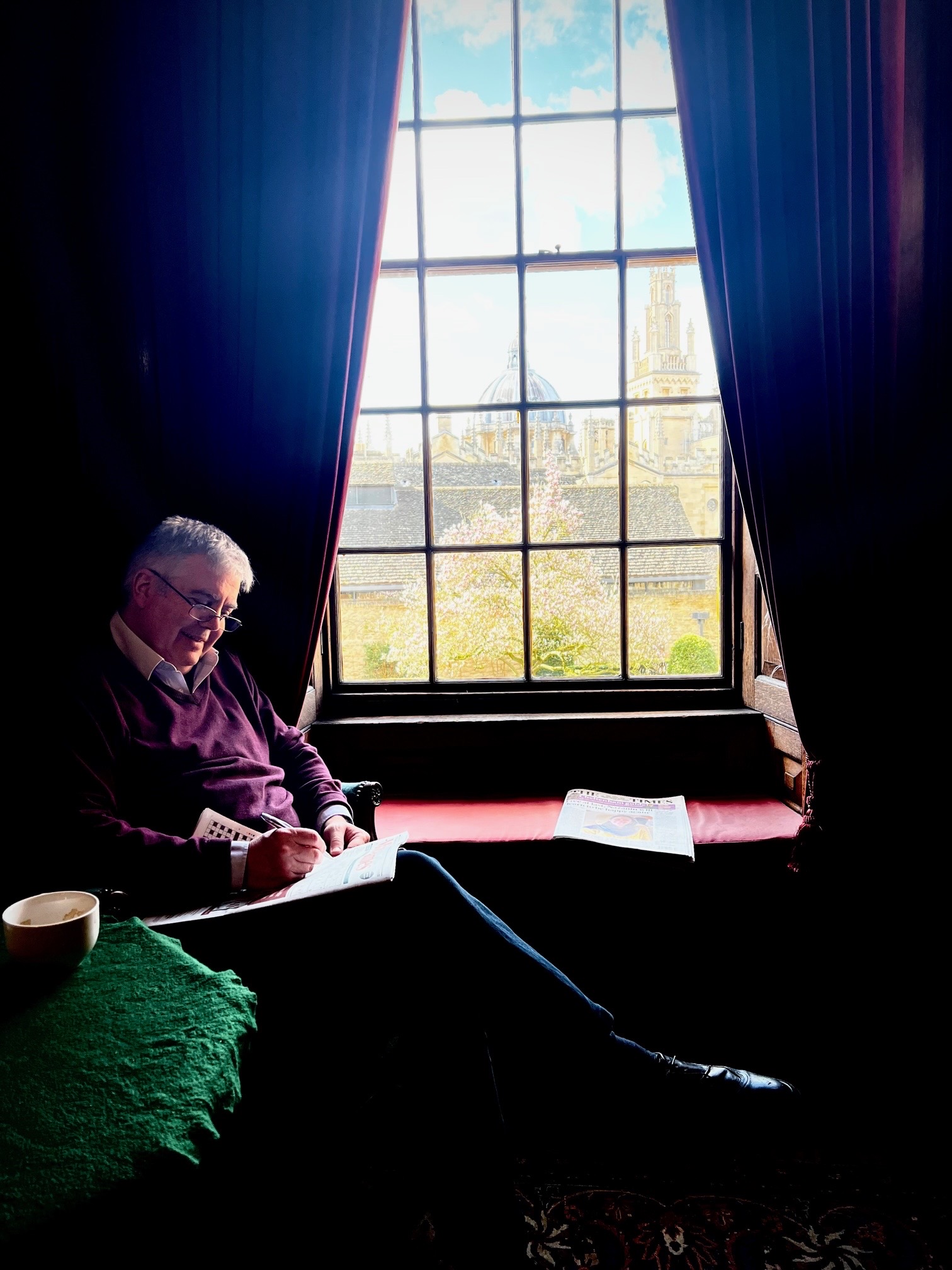Audrey Borowski (DPhil History, 2016) has co-edited a special issue of Intellectual History Review containing the output of the ‘Universal Histories’ seminar series which took place at Queen’s College from January – March 2020. In a series of articles the issue explores the variety and complexity of the genre of ‘universal history’.
Universal history as an historiographical genre can trace its origins back to the Greek historian Polybius, but it is associated primarily with the late seventeenth and eighteenth centuries and reflects the desire to account for the complexity of human history in a rational and systematic manner. Paradoxically, it became a historiographical preoccupation just as its practice became increasingly problematic, owing to such factors as religious conflicts, increasing secularism, scepticism about the universalist claims of reason, and growing geographical and cultural knowledge (especially of non-Western cultures) through exploration, trade, and colonialization.
The assumption that history could be theorised holistically, as if from a privileged vantage point outside it, had to contend with evidence of the contingency of events and the diversity of human cultures and habits. As a genre, universal history has its own history, and a principal aim of this special issue of I.H.R. is to explore some of the variety and complexity of that history. Representing a range of nationalities, disciplinary formations, and research areas, the contributors address questions of form and content, method and aims, explicit and implicit assumptions of selected universal histories.



